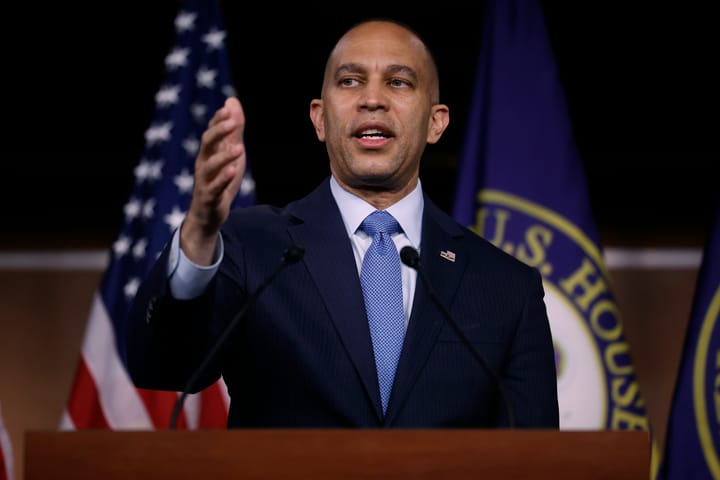Democratic Senate leaders are continuing to chew up time in the legislative calendar by negotiating with Joe Manchin and Kyrsten Sinema on elements of their budget reconciliation plan instead of bringing the $3.5-trillion-over-10-years bill, already a compromise with the White House and progressives in Congress, to a vote.
Much media focus is on the motivations of Manchin and Sinema, as well as groups of House Democrats holding out on the reconciliation plan. But it’s worth looking back at the past several election cycles, and how Democrats find themselves in such a tense 50-50 party-aligned split in the Senate.
Over the past decade, with Democratic candidates losing several Senate contests in squeakers, the more populist economic message that the party has belatedly embraced this year could have worked to increase voter turnout and hold on to valuable seats for passing Democratic budget programs.
Full post at The Brick House Coop.



